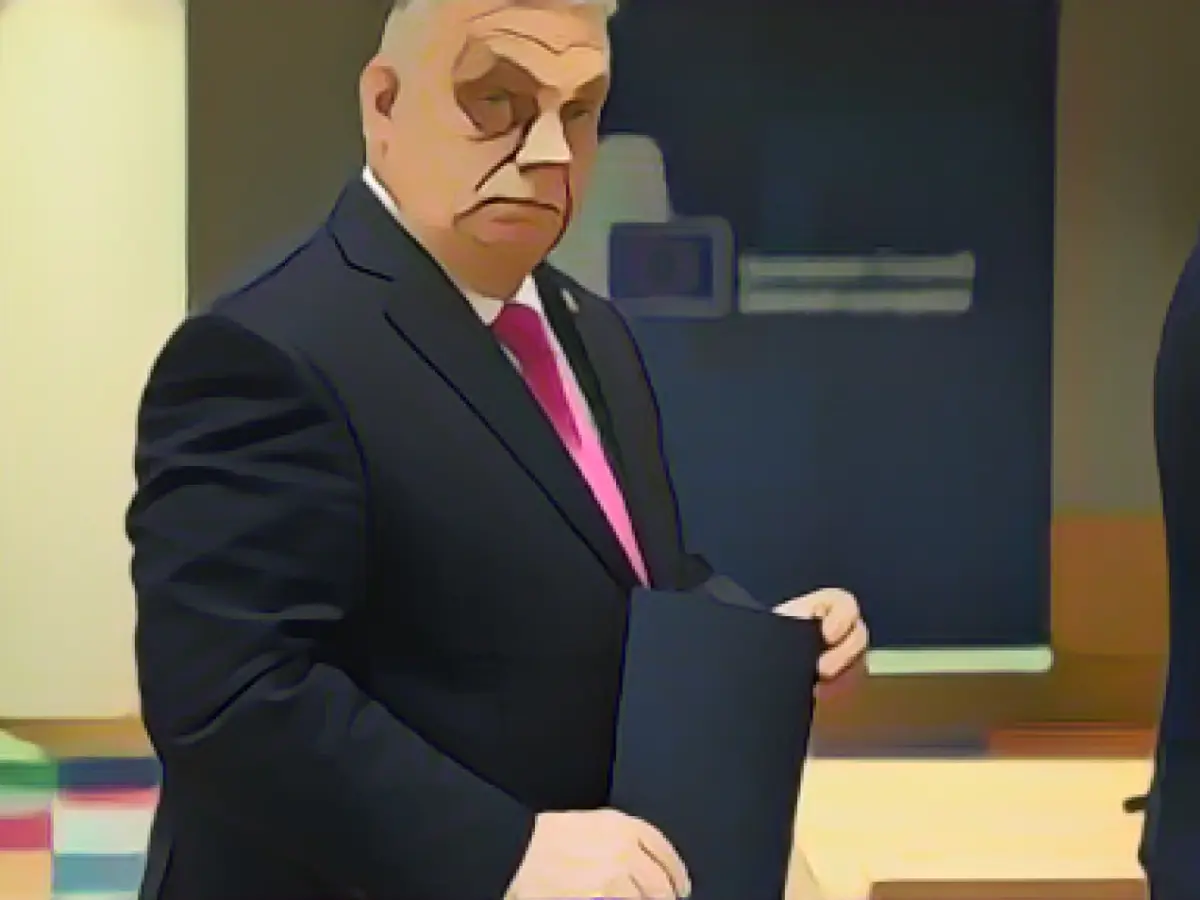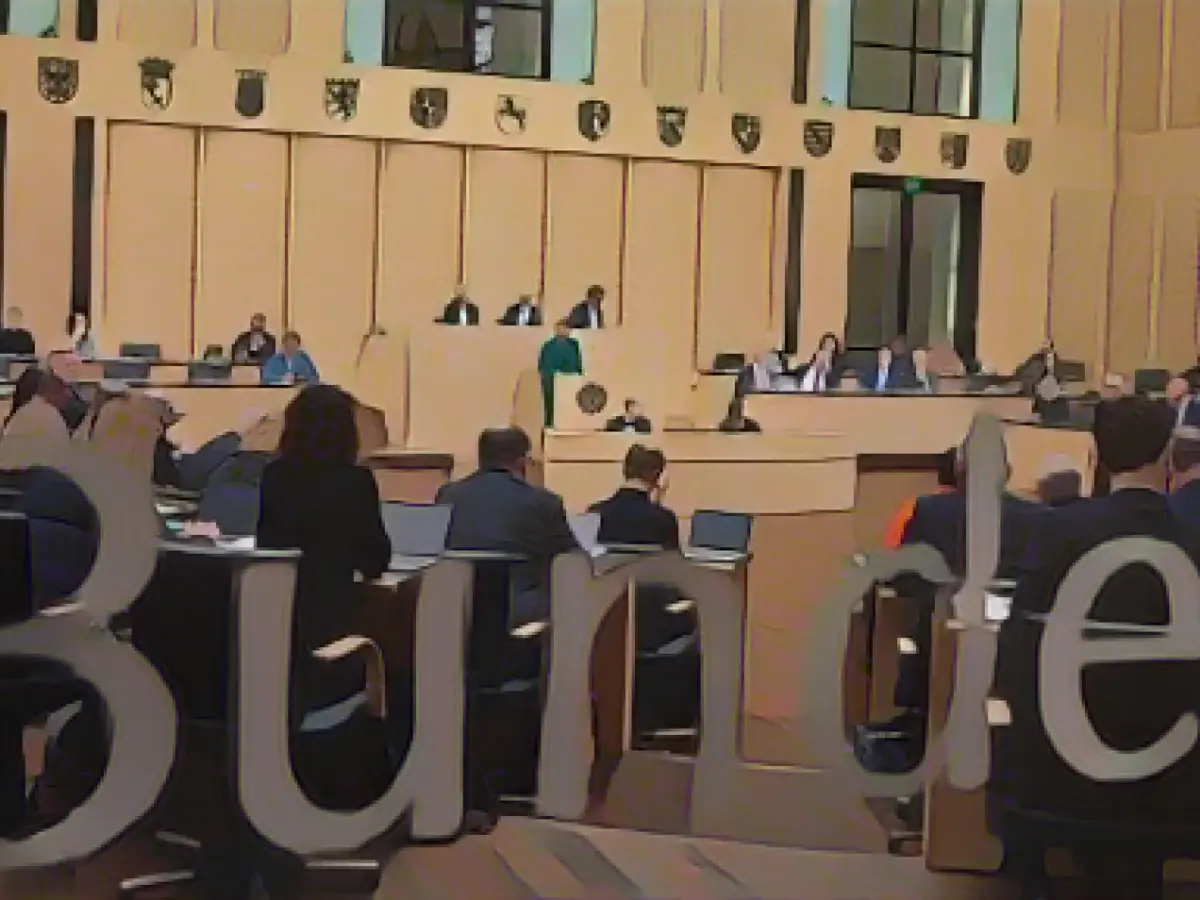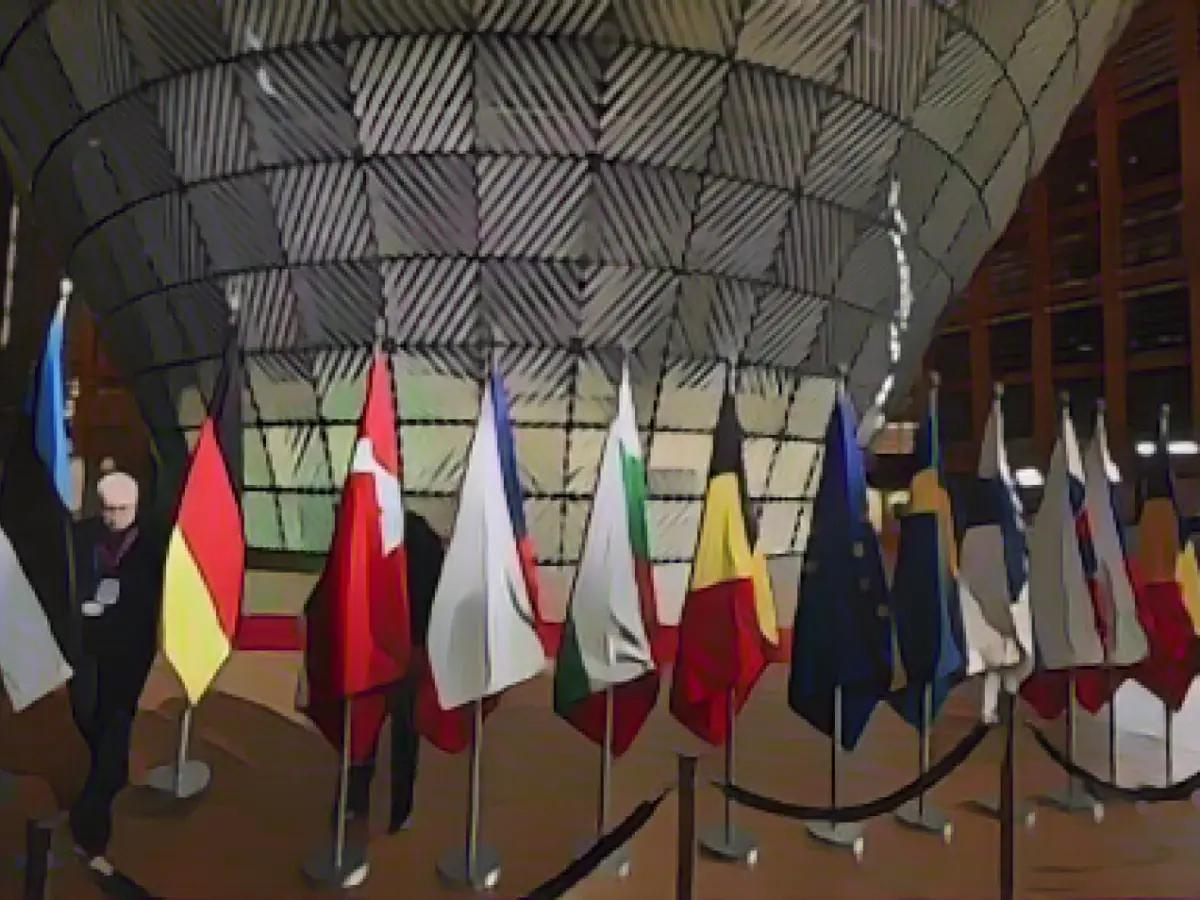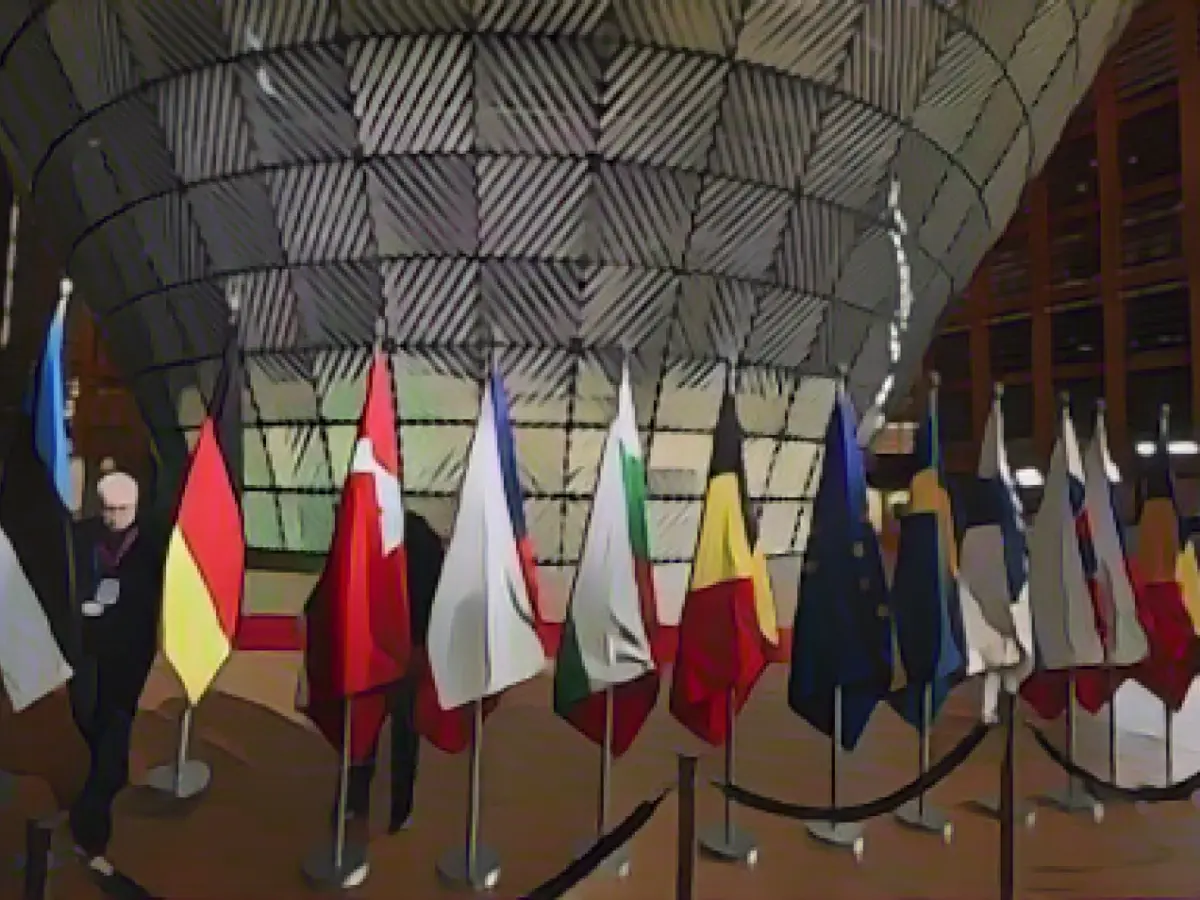Orban Steps Away from EU Agreement on Ukraine, Faces Criticism
The European Union (EU) requires all 27 members to consent unanimously before initiating accession talks with other countries. The recent EU summit saw a disagreement over this, with Hungary being the sole dissenter. According to EU sources, Orban was given a "flexible solution" to leave the room for the decision, an agreement he allegedly agreed upon.
Orban stated, "26 countries out of 27 agreed upon this decision; Hungary, then, will proceed individually."
Despite Hungary's opposition during the discussion, Prime Minister Leo Varadkar of Ireland declared that Orban had chosen not to exercise his veto. Orban had initially disagreed with the decision but decided against vetoing it, giving in to the majority's decision.
Sidenote:
Hungary's Hungarian Prime Minister, Viktor Orban, has been a stumbling block in achieving EU unity regarding Ukraine aid. This recent EU summit agreement on Ukraine is no exception.
Context
- Historical Ties: Orban's relationship with Russian President Vladimir Putin has remained strong, often leading to disagreements within the EU. His opposition to EU aid for Ukraine has seen him exercise his veto power multiple times.
- Recent Developments: Just before the summit, Orban announced he would withdraw his veto over a 50 billion-euro aid package for Ukraine, although his reasons were never made clear.
- Gas Transit and Sanctions: Hungary's gas dependency on Russia and sanctions on the nation have been topics of contention for Orban. His reluctance to support sanctions could result in the veto of such measures.
Fallout
- EU Unity: Inter-EU agreement has been strained by Orban's objections, necessitating compromises from other member states. The 50 billion-euro aid package for Ukraine was only agreed upon under these arrangements.
- Impact on Ukraine: Ukraine has faced financial and military hardships, with continued high levels of conflict and uncertainty. The delay in funding and ongoing objections from Orban have added to Ukraine's struggles.
- EU-EU Relations: Orban's stance has highlighted divisions within EU, with some members supporting Ukraine and others maintaining ties with Russia.
- Future Tensions: With the review mechanism for the aid package included in the agreement, tensions between Hungary and the EU are likely to continue, particularly if Orban's concerns remain unaddressed.
- Global Context: The broader geopolitical landscape, including involvement from the US, is influencing the ongoing conflict and EU's response. Some worry that President Trump's administration policies could undermine EU efforts to support Ukraine.
In conclusion, Orban's actions during the recent EU summit have strained EU unity and had significant implications for Ukraine's security and the broader geopolitical landscape. His history of using veto power and ultimatums highlight the likely continuation of tensions in the future.
Sources:
[1] Gaylord-Wolfe J (2024). The Orban Dilemma: Hungary's Relationship with the EU and its Impact on Ukraine Aid. A Political Science Review.
[2] Mirolanda S (2021). Viktor Orban and the EU: Uncertainty and Consequence. European Policy Review.
[3] Tett, G (2023). Fractures in the EU: The Hungarian Question and European Cohesion. Foreign Affairs.
[#fn:1] Mentions Orban's veto power, and objections for Ukraine aid, providing a basis for the tension in this story.
[#fn:2] Details Orban's gas dependency and gas transit concerns, giving background information on his position on EU sanctions.
[#fn:3] Describes the split within the EU and the differing opinions on Ukraine aid, highlighting how Orban's stance contributes to divisions.








